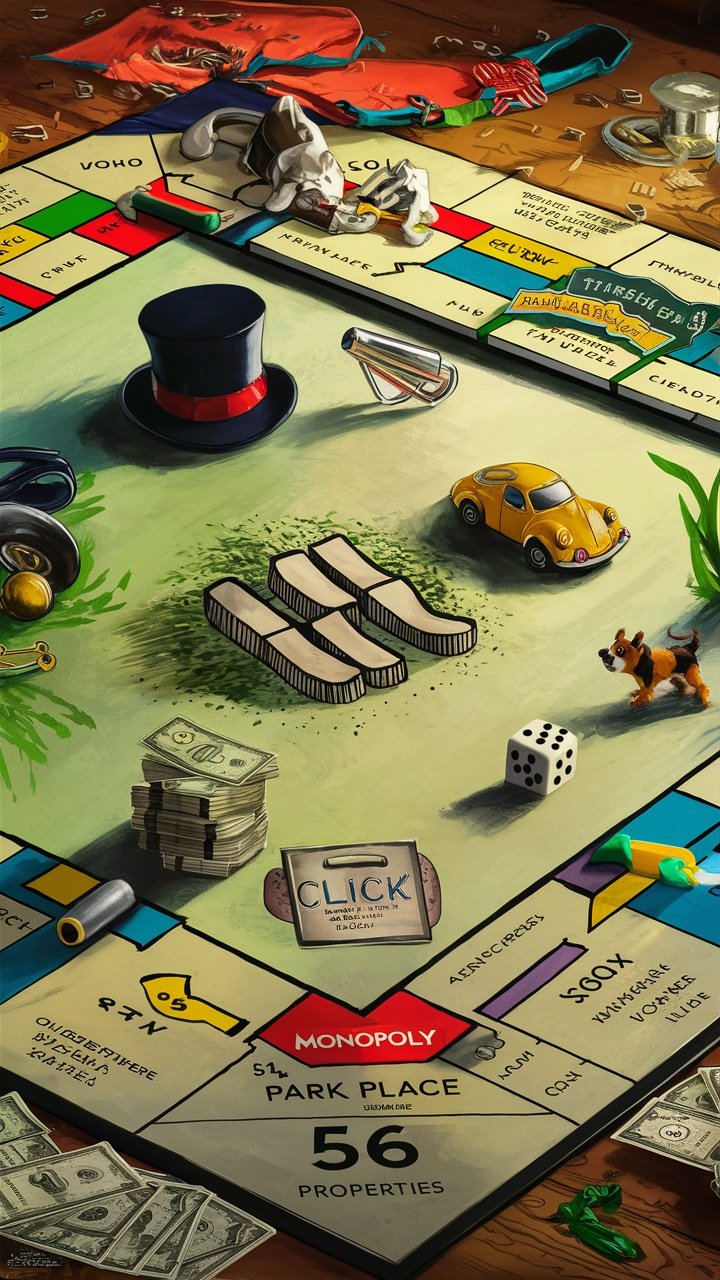Pass Click
The game Monopoly has a complex history involving multiple individuals. The widely accepted story credits Charles Darrow with inventing it, but its true origins trace back to an earlier game called "The Landlord's Game," created by Elizabeth Magie.
Elizabeth Magie and The Landlord's Game
- Creation: Elizabeth Magie, a progressive era feminist and game designer, created The Landlord's Game in 1904. She designed it to illustrate the negative aspects of concentrating land in private monopolies and to promote the economic theories of Henry George.
- Patent: Magie patented The Landlord's Game in 1904 and again in 1924 with updated rules.
Charles Darrow and Monopoly
- Development: Charles Darrow, an unemployed salesman, learned about The Landlord's Game through friends and modified it into Monopoly. He added elements like the iconic Atlantic City street names, houses, hotels, and the now-famous game board design.
- Commercialization: Darrow sold his version of the game to Parker Brothers in 1935, which then mass-produced and marketed Monopoly, leading to its widespread popularity.
Recognition and Legacy
Parker Brothers: Upon discovering Magie's earlier patents, Parker Brothers bought the rights to The Landlord's Game and compensated Magie. They also briefly published The Landlord's Game alongside Monopoly.
Cultural Impact: While Darrow is often credited with inventing Monopoly due to his commercial success, Elizabeth Magie's contribution as the original creator of the game's concept and mechanics is now widely recognised.
In summary, while Charles Darrow played a significant role in popularising and commercialising Monopoly, the foundational ideas and mechanics originated with Elizabeth Magie and her creation of The Landlord's Game.


